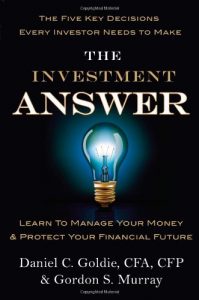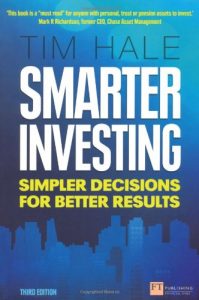Evidence Based Investing
When it comes to investing, we choose to focus on academic research and impartial, scientific evidence. We never try to ‘beat the market’ or predict the next hot stock pick. Instead we look for consistent, predictable results by following a few basic principles for investing. Most importantly, we ignore the noise of the markets.
Ignoring the Voice
Our Principles for Investing
1. Embrace Market Pricing
The market is an effective information-processing machine. Millions of participants buy and sell securities in the world markets every day, and the real-time information they bring helps set prices.
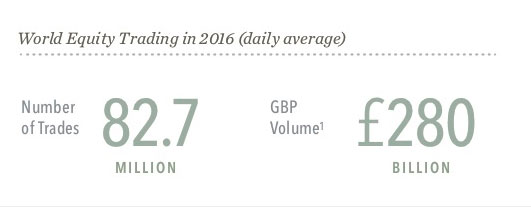
2. Don’t Try to Outguess the Market
The market’s pricing power works against investment fund managers who try to outperform through stock picking or market timing. As evidence, only 17% of US equity mutual funds and 18% of US fixed income (bond) mutual funds have survived and outperformed their benchmarks over the past 15 years.
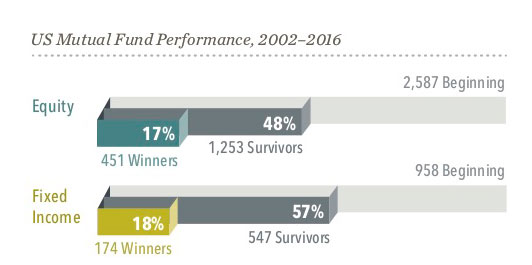
3. Resist Chasing Past Performance
Some investors select funds based on past returns. However, research shows that most US mutual funds in the top quartile (25%) of previous five-year returns did not maintain a top-quartile ranking for one-year returns in the following year. Past performance offers little insight into a fund’s future returns.
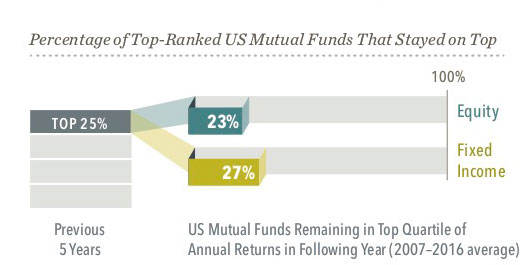
4. Let the Markets Work for You
The financial markets have rewarded long-term investors. People expect a positive return on the capital they supply, and historically, the equity and fixed income markets have provided growth of wealth that has more than offset inflation.
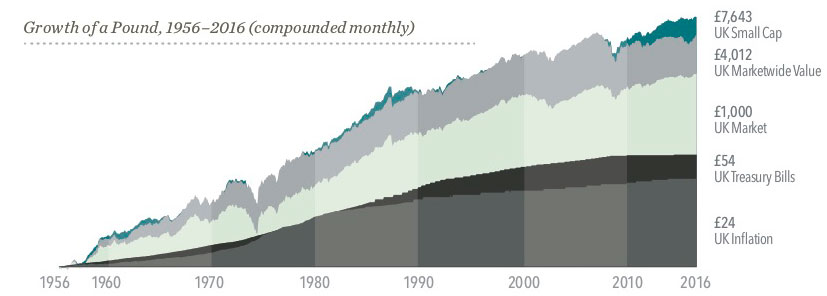
5. Consider the Drivers of Returns
Academic research has identified these equity and fixed income dimensions, which point to differences in expected returns. Investors can pursue higher expected returns by structuring their portfolio around these dimensions.
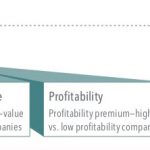
6. Practice Smart Diversification
Diversification helps reduce risks that have no expected return, but diversifying within your home market is not enough. Global diversification can broaden your investment universe.
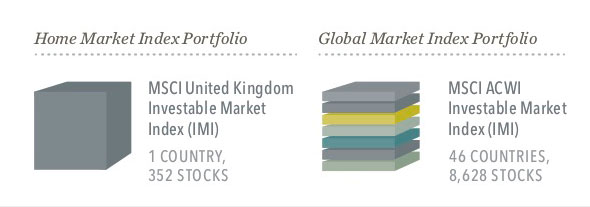
7. Avoid market Timing
You never know which market segments will outperform from year to year. By holding a globally diversified portfolio, investors are well positioned to seek returns wherever they occur.
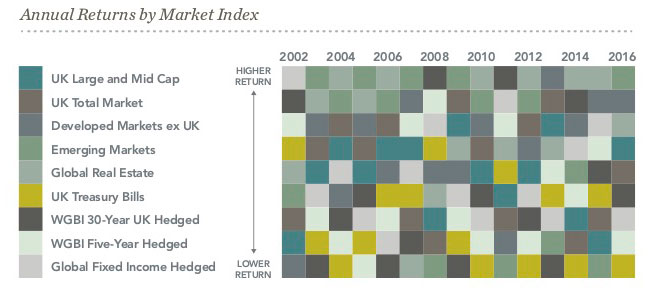
8. Manage Your Emotions
Many people struggle to separate their emotions from investing. Markets go up and down. Reacting to current market conditions may lead to making poor investment decisions.
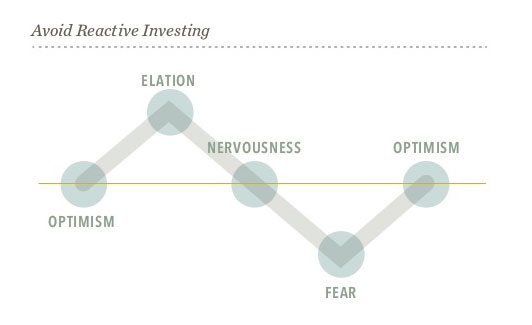
9. Look Beyond the Headlines
Daily market news and commentary can challenge your investment discipline. Some messages stir anxiety about the future, while others tempt you to chase the latest investment fad. When headlines unsettle you, consider the source and maintain a long-term perspective.
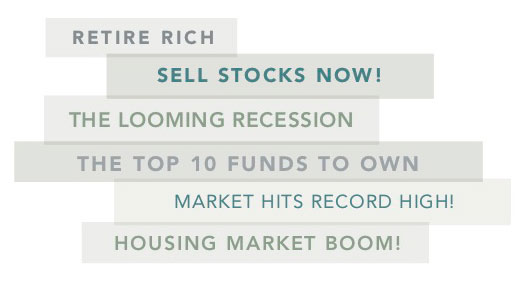
10. Focus on What You Can Control
A financial adviser can offer expertise and guidance to help you focus on actions that add value. This can lead to a better investment experience.
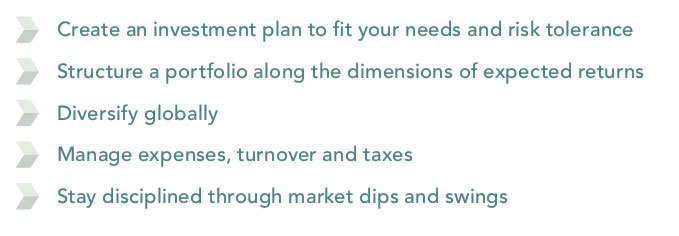
Investing means taking risks. The value of your invested money can drop as well as rise, and when you disinvest you may not get back what you put in.
